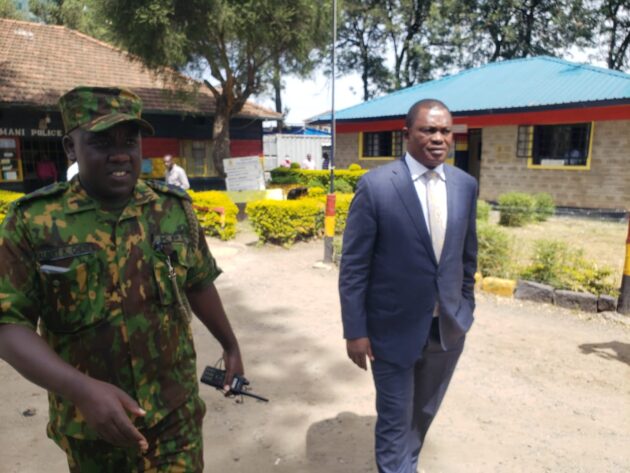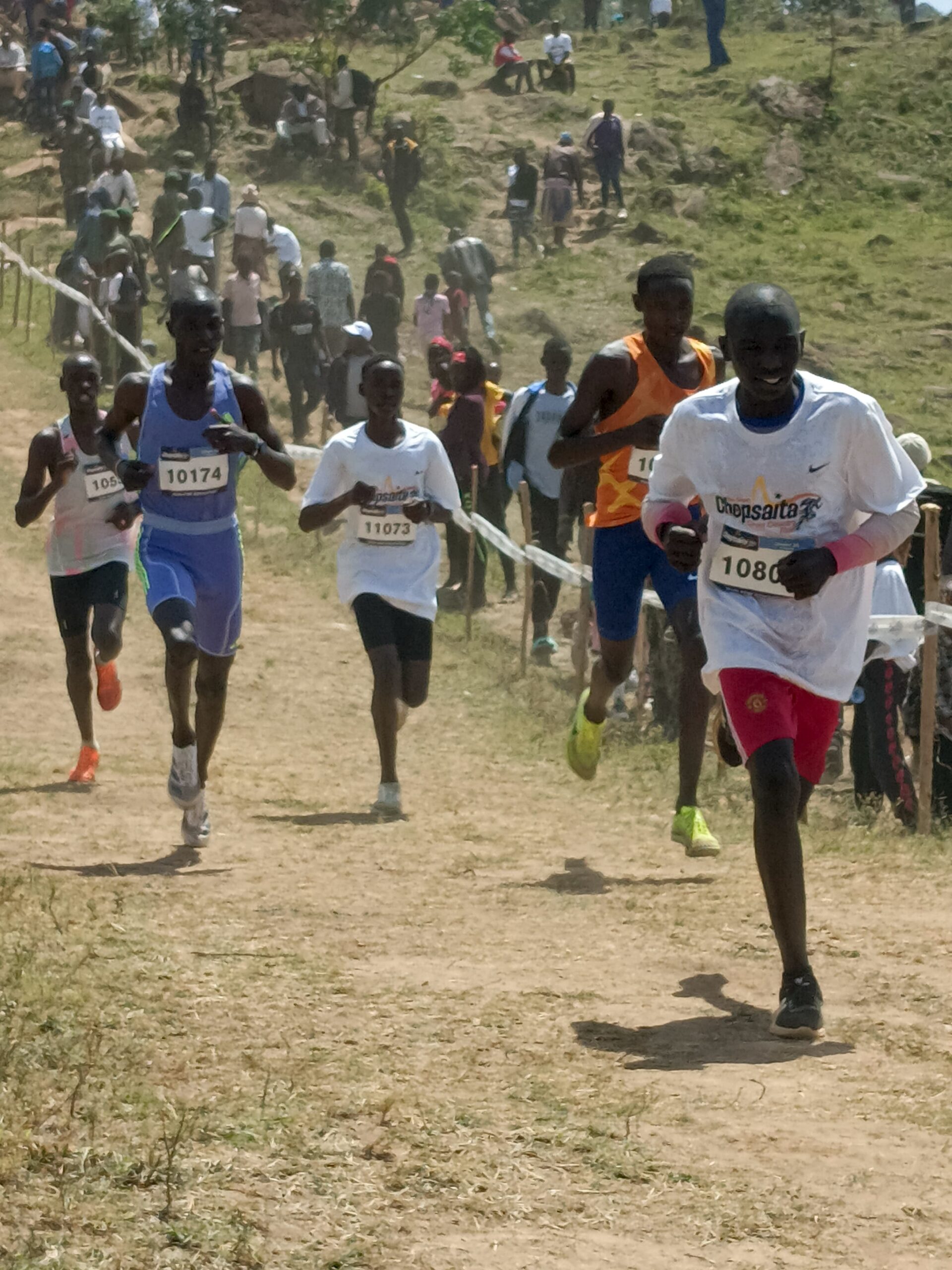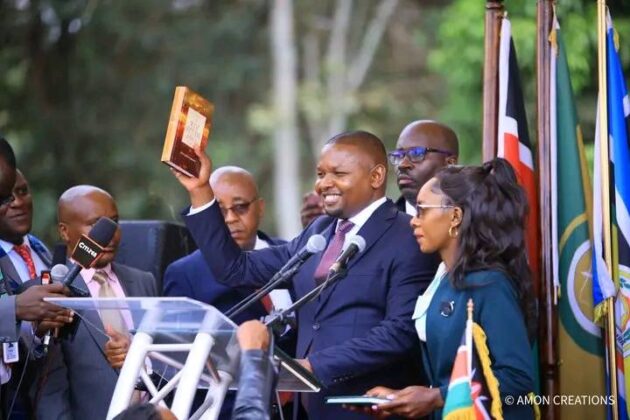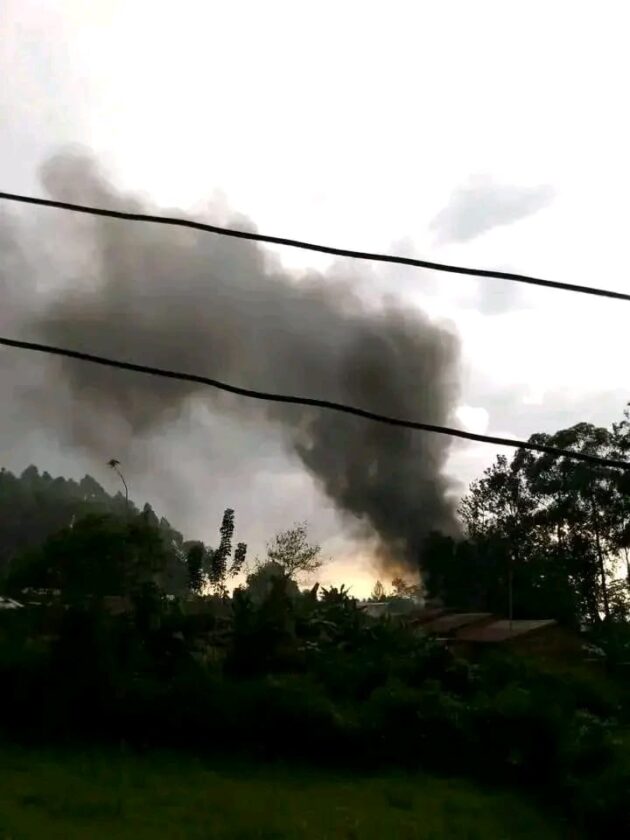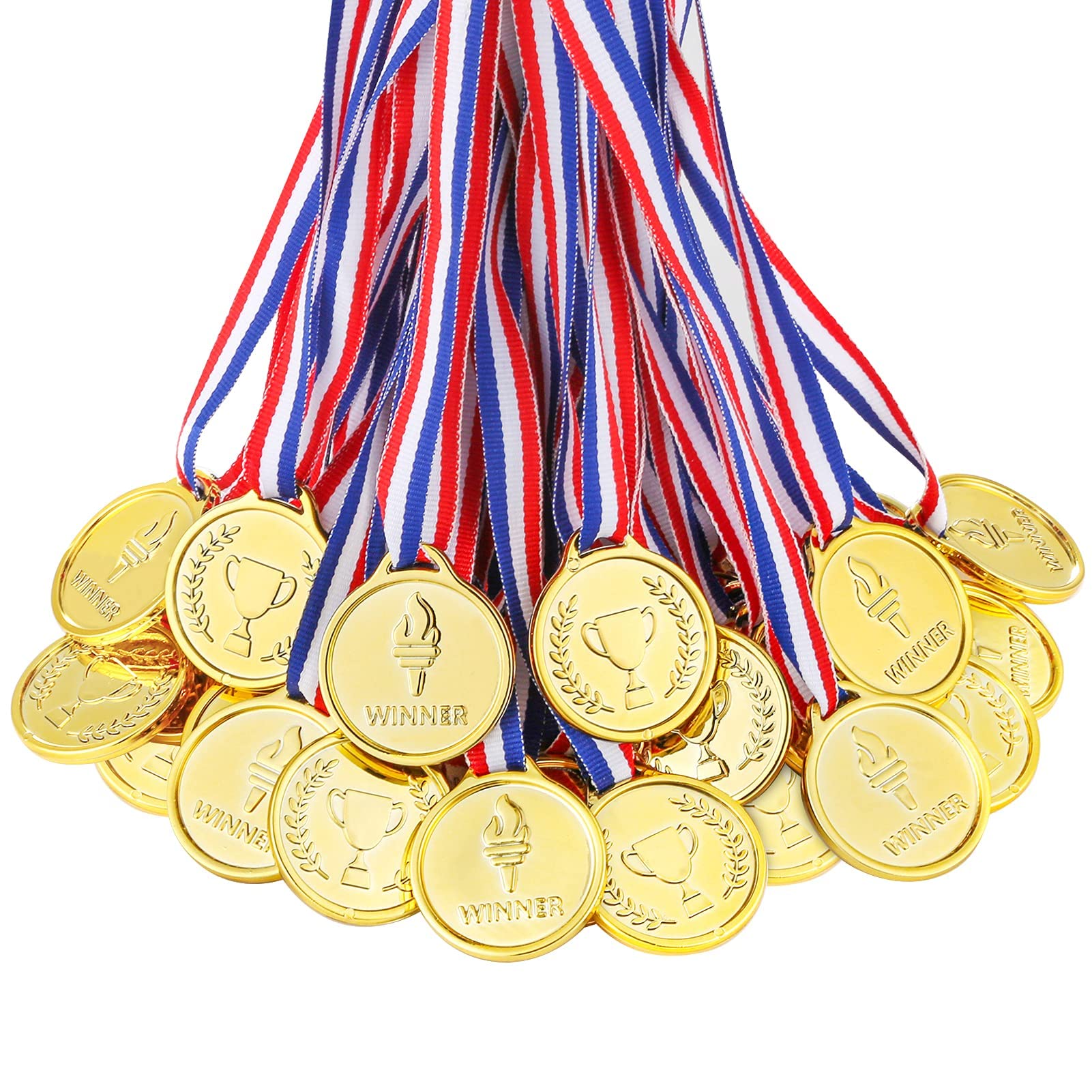
Controlled Running Environments
In recent years, Kenya has experienced a decline in its gold medal counts at major world events. One contributing factor is the introduction of controlled running environments aimed at monitoring and institutionalizing running as a business. These environments, governed by stringent policies, have altered the landscape of Kenyan athletics, impacting both the athletes and the overall performance on the global stage.
Policies
Over the last several years, there has been an increase in governing policies within the running community. These policies were initially designed to address misconduct within running clubs. However, some of these regulations appear to be less well-intentioned. Interestingly, many policymakers are retired athletes who may have vested inteterets perhaps in clubs. This control, although aimed at preserving the integrity of the sport, often stifles the natural growth and freedom of current athletes.
Free Rage vs. Caged Running
The situation can be likened to the comparison between free-range and caged chickens. Free-range chickens are robust and capable of adapting to various environments, whereas caged chickens live solely under the conditions set by their keepers. Similarly, athletes in Kenya’s controlled environments are confined by strict regulations, limiting their ability to develop and excel naturally. This caged approach has contributed to the decline in Kenya’s dominance in the running world, as it hinders the athletes’ potential and freedom to reach their peak performance.
Clubs Registration
While curbing misconduct, especially regarding the women athletes, was crucial within these clubs, punitive controls have not been the solution. The high costs associated with club registration and recurring anual renewals have created barriers, making it accessible only to athletes with well-established support systems. As a result, many talented individuals from less privileged backgrounds are unable to join these clubs, leading to a decrease in the pool of potential world-class athletes.
Process of Athletics Club Registration in Kenya
Registering an athletics club in Kenya involves several steps and significant financial commitments. Below is a detailed outline of the registration process:
Step 1: Choosing the Name of the Club
- The first step in registering an athletics club with the ministry of Youth and sports; the nane a unique and appropriate name for the club. This name will be used in all official documentation and communication.
Step 2: Registration Fee
- The next step involves paying a registration fee of approximately 250,000 KES. This fee is required for the club to be officially registered under the Ministry of Youth Affairs, Sports, and the Arts. The payment of this fee is crucial to proceed with the registration process. A simillar amount is due every year as renewal to retain the licence.
Step 3: Club Documentation and Approval
- Prepare and submit necessary documentation as required by the Ministry. This might include the club’s constitution, a list of founding members, and other pertinent details. More over chances of being asked for Business registration as an avenue for corruption remain highThe documentation is reviewed, and once approved, the club is officially registered.
Step 4: Athletes Registration
- Following the club registration, individual athletes associated with the club must be registered. Each athlete is required to pay an annual registration fee of 2,000 KES. This fee is mandatory for athletes to participate in official events and competitions. A simillar amount is due every year as renewal to retain membership and eligibility during national trials.
Step 5: Support for Upcoming Athletes
- Despite the significant amounts of money collected through these fees, there is a notable lack of support for upcoming athletes. The funds raised are not adequately utilized to provide necessary resources and support for the development and nurturing of new talent. This lack of support is a major concern within the athletics community, as it hinders the growth and success of potential world-class athletes.
Registering an athletics club in Kenya is structured and involves clear steps, the financial burden on clubs and athletes is substantial. Moreover, the inadequate use of collected funds to support upcoming athletes remains a significant issue that needs to be addressed to ensure the continued success and growth of Kenyan athletics.
Athletes Registration
The registration figures for athletes are unrealistic. Unlike graduating from school, where one acquires job skillsets, sports, particularly running, is a lifelong process that starts at an early age. The expectation for athletes to pay a substantial annual fee, such as 2000 KES (Kenyan Shillings), deters many from pursuing a career in running unless they are absolutely certain of their future in the sport. This financial burden excludes many young and aspiring athletes, further contributing to the decline in Kenya’s gold medal counts at major events. While individuals are subjected to such annual fees county governments have sports fund meant to facilitate in naturing talents. No one knows where are these funds used and beneficiaries while AK and Kenyan sports council are busy purnitively implimenting their policies.
Odds in Kenyan Athletics Management
Recent reports from the media have highlighted promises of change from the incoming Cabinet Secretary for Sports, who aims to accelerate the process of addressing detrimental policies in sports. However, it is equally important to shed light on the persistent issues within Kenyan athletics management. Regional and zone athletics officials often take both runners and the public for granted, displaying a significant level of incompetence in managing athletics and a lack of respect for their positions.
For instance, most Athletics Kenya (AK) branches communicate through WhatsApp groups administered by branch officials. These groups are intended to disseminate information according to stakeholders’ needs. However, runners frequently find themselves misaligned by administrators and officials, who often provide little or no response to specific requests. Additionally, there has been incdents where some poeple have complained being removed for being potentially critical in matters of govervanances, leaving runners without essential information necessary for their development and success. This lack of effective communication and transparency further exacerbates the challenges faced by Kenyan athletes, hindering their progress and contributing to the overall decline in performance at major world events.
Recent Athletes Registration Campaign
Recently, an athletes registration campaign was launched, but it has already demonstrated significant biases. The selected registration centers were demographically skewed, favoring areas perceived as dominant in running circles, particularly the Rift Valley. This region benefited with the majority of registration centers, while other areas, well-known for producing sizeable numbers of runners, were left out. In some parts of the Rift Valley, registration centers were as close as 25 kilometers.

In his book WHY I LOVE RUNNING, the same fundamental flaws of the 90s remain or have been exerbated. Nelson explains how Athletics administrators from Eastern province which had their headquarters in Embu always demonstrated bizarre behavior, scheming to hide funds meant for taking the provincial team to the national Championships in Nairobi.
He wrote “It became apparent that there was always a chaotic situation with the Eastern Province teams preparation to the national championships. After assembling at Embu Stadium and waiting for several hours, it became evident that something was amiss. The promised funds for the provincial team to travel to the national Championships in Nairobi weren’t available; no money to pay for bus to take runners to the national championships in Nairobi despite funds being sent out from KAAA headquarters a week prior. Athletes, coaches, and supporters grew increasingly frustrated as the delay stretched on without any explanation from the administrators. It was a disheartening experience for everyone involved, especially considering the hard work and dedication the athletes had put into their training.Unless the government takes sports serious, the decline in medal count is eminent and soon kenyan glory will be gone.
The day after the championships, we faced another ordeal: most officials had left directly from Kasarani Sports ground to their homes, abandoning the team. It seemed they were aware that there were no funds available to transport the runners back to Embu. Left stranded at the Kenya Science Teacher College hostel, we waited for eight hours as hunger began to set in among the athletes. It was ironic that the same runners who had represented their province with pride were now asked to contribute whatever they could afford to raise money for a minibus so that we could return home.”

Nelson Ndereva.
